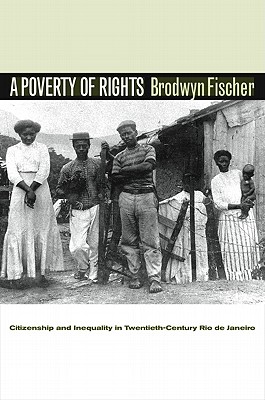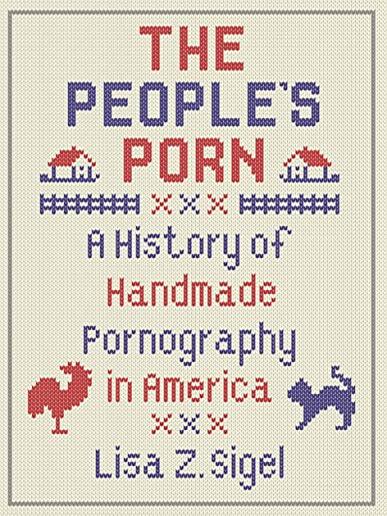
Fischer, Brodwyn
A Poverty of Rights is an investigation of the knotty ties between citizenship and inequality during the years when the legal and institutional bases for modern Brazilian citizenship originated. Between 1930 and 1964, Brazilian law dramatically extended its range and power, and citizenship began to signify real political, economic, and civil rights for common people. And yet, even in Rio de Janeiro--Brazil's national capital until 1960--this process did not include everyone. Rio's poorest residents sought with hope, imagination, and will to claim myriad forms of citizenship as their own. Yet, blocked by bureaucratic obstacles or ignored by unrealistic laws, they found that their poverty remained one of rights as well as resources. At the end of a period most notable for citizenship's expansion, Rio's poor still found themselves akin to illegal immigrants in their own land, negotiating important components of their lives outside of the boundaries and protections of laws and rights, their vulnerability increasingly critical to important networks of profit and political power. In exploring this process, Brodwyn Fischer offers a critical re-interpretation not only of Brazil's Vargas regime, but also of Rio's twentieth-century urban history and of the broader significance of law, rights, and informality in the lives of the very poor.







